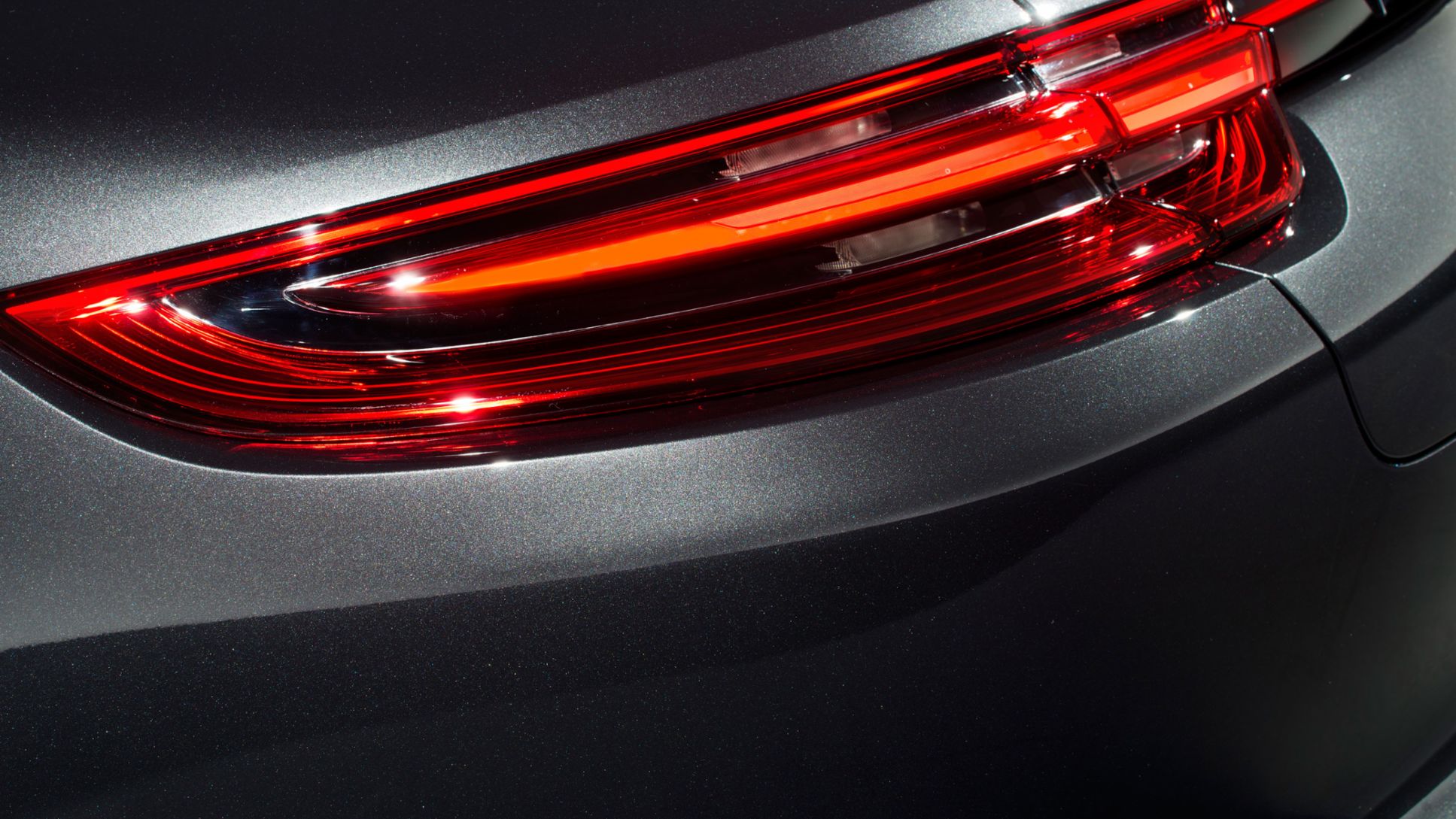The operating profit margin has reached 17.4%. For the previous year this figure was 15.5%. The number of deliveries has risen by 3% in comparison with the same time period last year, reaching a total of 178,314 vehicles. A turnover of 16.5 billion euro has corroborated the high figures from last year. Deputy Chairman of the Executive Board and Member of the Executive Board, Finance and IT, Lutz Meschke, believes that Porsche is on the right track: “With our profit margins, we continue to be one of the world's most profitable automotive manufacturers. As a result of this, we are able to cover the costs of investments for the future in the fields of electromobility, digitalisation and connectivity”.
“Our attractive product range is the key to our economic success”, states Chairman of the Executive Board, Oliver Blume. “Good financial results build the foundation for innovative sportscars of the future. Delighted customers, good profit margins and secure jobs are all parameters that we use to measure our success”.
Meschke expects a slight increase in operating result
Chief Financial Officer, Lutz Meschke, credited the excellent growth in operating result to the increased sale figures as well as to stringent fixed cost management and positive effects resulting from currency hedging. For the full financial year 2016, Meschke expects a slight increase in operating result in comparison with the previous year. In addition, the sportscar manufacturer will once again exceed its strategic objective to achieve a profit margin of 15%.
As a result of this success, Porsche has been able to create new job opportunities. After nine months of 2016, the Porsche team has increased to 27,115 employees – 13% more than 12 months ago. This continued growth now means that the number of employees has more than doubled over the past six years.




